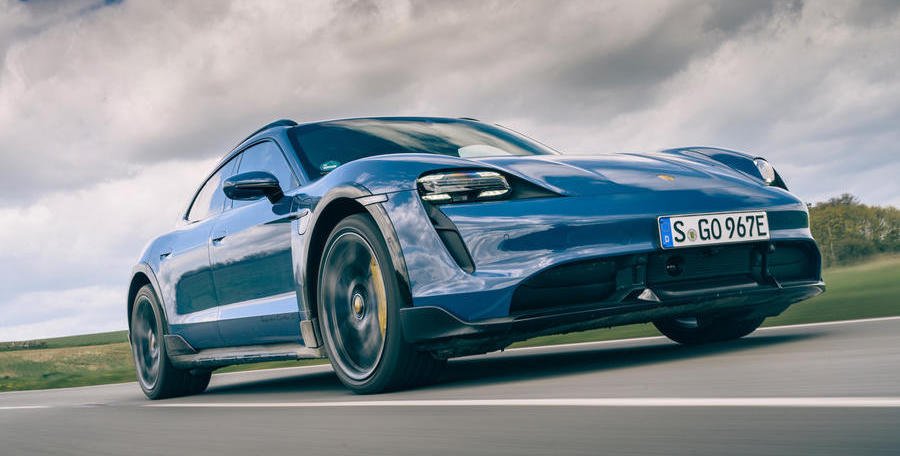Porsche establishes new high-performance EV battery facility

Porsche has an 83.75% stake in the new venture, called Cellforce, having invested a "middle double-digit amount". Some €60 million (£51.5m) of funding for the project will come from the German government and the state of Baden-Württemberg.
The new facility, called the Weissach Development Centre, will be in Customcells' home town of Tübingen. It will initially employ 13 engineers, rising to 80 by 2025.
The batteries produced at the site will use silicon anodes that allow for increased power density over conventional, mass-produced items. They will also gain more charge through regenerative braking, withstand high temperatures and be capable of faster charging - all factors, Porsche said, that make them well suited to motorsport usage.
Production will be on a limited basis, with a targeted annual capacity of 100MWh - which, Porsche said, is enough to supply 1000 EVs. It will serve primarily motorsport applications, as well as "high-performance versions of existing cars", according to R&D boss Michael Steiner. Porsche has yet to detail what form these production cars will take.
Steiner told Autocar that mainstream production Porsche models are not yet in line to use the high-performance batteries and clarified that the new facility is a separate venture to the Volkswagen Group's six planned European gigafactory facilities.
"The first task is to get a significant advantage in volumetric energy density, as well as high-temperature sustainability," he said, later adding that "if we see a potential to come down with cost of cells, there might be a chance for higher volume, but this is not the task I gave the team."
Steiner also hinted that other performance brands in the VW Group - Bentley, Bugatti and Lamborghini - could also benefit from the technology later on. "Our plan is for Porsche to be the first customer, but definitely, if this technology is attractive as a high-performance solution, it will be also open for other brands in the Volkswagen Group," he said.
Porsche also holds a significant financial stake in Croatian hypercar manufacturer Rimac, which currently produces its own EV drivetrain technology, and Steiner suggested that company, too, could one day use the new battery technology.
"We are happy to have a stake in Rimac, and they have a lot of know-how and knowledge in electric super-sports cars and batteries. We also have projects that we run together, and if such cell technology will be feasible, why not also have such technology in any other brand in the VW Group or Rimac?"
Related News
